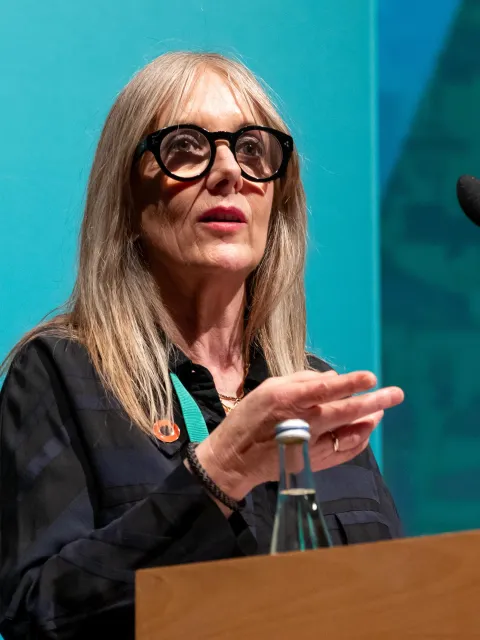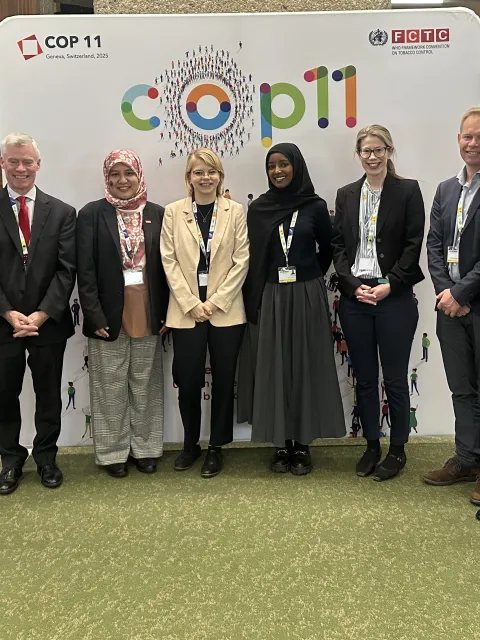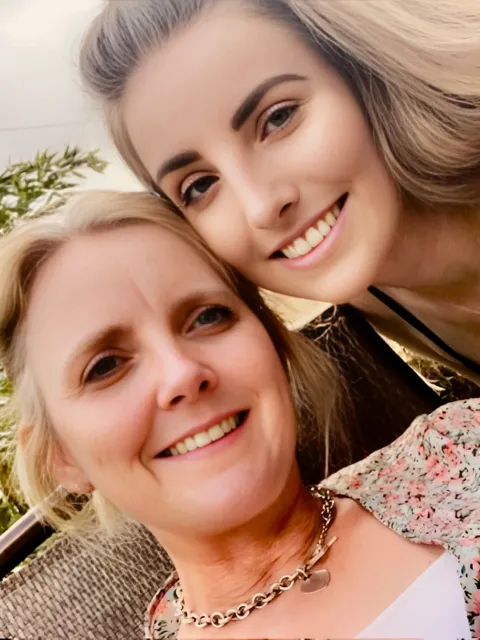Let’s break it down: eliminating hepatitis is cancer prevention
Rachel Halford of the World Hepatitis Alliance, a new UICC member, shares her views on preventing liver cancer by eliminating viral hepatitis through vaccination, testing, and treatment.
Viral hepatitis is the leading cause of liver cancer. Yet research conducted by the World Hepatitis Alliance shows that nearly half of people globally are not aware of the connection. This lack of knowledge is fuelling an ongoing health crisis, with just a fraction of the estimated 300 million people living with hepatitis aware they have it, putting them at increased risk of progression to liver cancer.
Part of the reason for its low diagnosis rates is that hepatitis continues to carry social stigma, sometimes caused by misunderstandings about how hepatitis is transmitted. This can drastically affect the lives of people living with hepatitis, their mental health, or make them subject to discriminatory practices impacting their work, study, and travel.
WHA and the European Centre for Disease Prevention and Control (ECDC) found that, across nine European countries, half of people living with hepatitis B and affected by hepatitis C (46% and 57%) found it difficult to tell others they were living with hepatitis.
These fears carried into healthcare settings, too – with 15% of those living with hepatitis B and a quarter (24%) of those with hepatitis C saying they avoided healthcare services because they expected to be treated differently.
Hepatitis prevention is cancer prevention. Tackling stigma and discrimination surrounding hepatitis will therefore be crucial to encourage people to get tested and linked to treatment – reducing their risk of developing liver cancer.
But this is a difficult task that requires raising awareness and educating communities and healthcare professionals, while also providing accurate information and support to people living with hepatitis.
For those who do learn they are living with hepatitis, many struggle to access the medicines they need to slow its potential progression to liver cancer. Again, low awareness, ongoing stigma and a lack of political will are all stopping efforts to change this.
The hepatitis and cancer communities could solve this by working together on our shared goals. We already have a clear roadmap, because all steps on the path to eliminating hepatitis support the fight against liver cancer.
A new white paper by the World Hepatitis Alliance, Beating cancer through hepatitis elimination – working together to reduce NCDs, outlines how governments can take action immediately by integrating hepatitis testing, treatment, and vaccination into funded national cancer programmes to tackle both diseases. It also details how the prevention of liver cancer is affordable, with each dollar spent returning more than double its value to health systems.
Research from the Center for Disease Analysis Foundation shows that achieving World Health Organization targets for hepatitis elimination will be cost-effective or even cost-saving for all countries by 2045, as a way to prevent liver cancer and reduce the number of cases.
More importantly, it will save lives. Liver cancer rates are expected to double by 2040 but together we can change this trajectory. People who have lived experienced of hepatitis and liver cancer, and civil society organisations, should be at the centre of efforts by public health authorities to improve care. Their insights can help shape health services that truly meet people’s needs and tackle the stigma and unfair treatment they often face.
This World Hepatitis Day, 28 July, I am urging the cancer community to use this white paper by the World Hepatitis Alliance to make a difference. Our shared goals are truly achievable. No one should die from liver cancer caused by hepatitis, because we already have the tools to eliminate it as a global public health threat. What we need more of is the support of every community impacted by hepatitis.
Through collaboration, we can integrate hepatitis and cancer programmes, and by stopping stigma and discrimination, we can start major change for the cancer community and beyond.
Last update
Friday 25 July 2025Share this page


